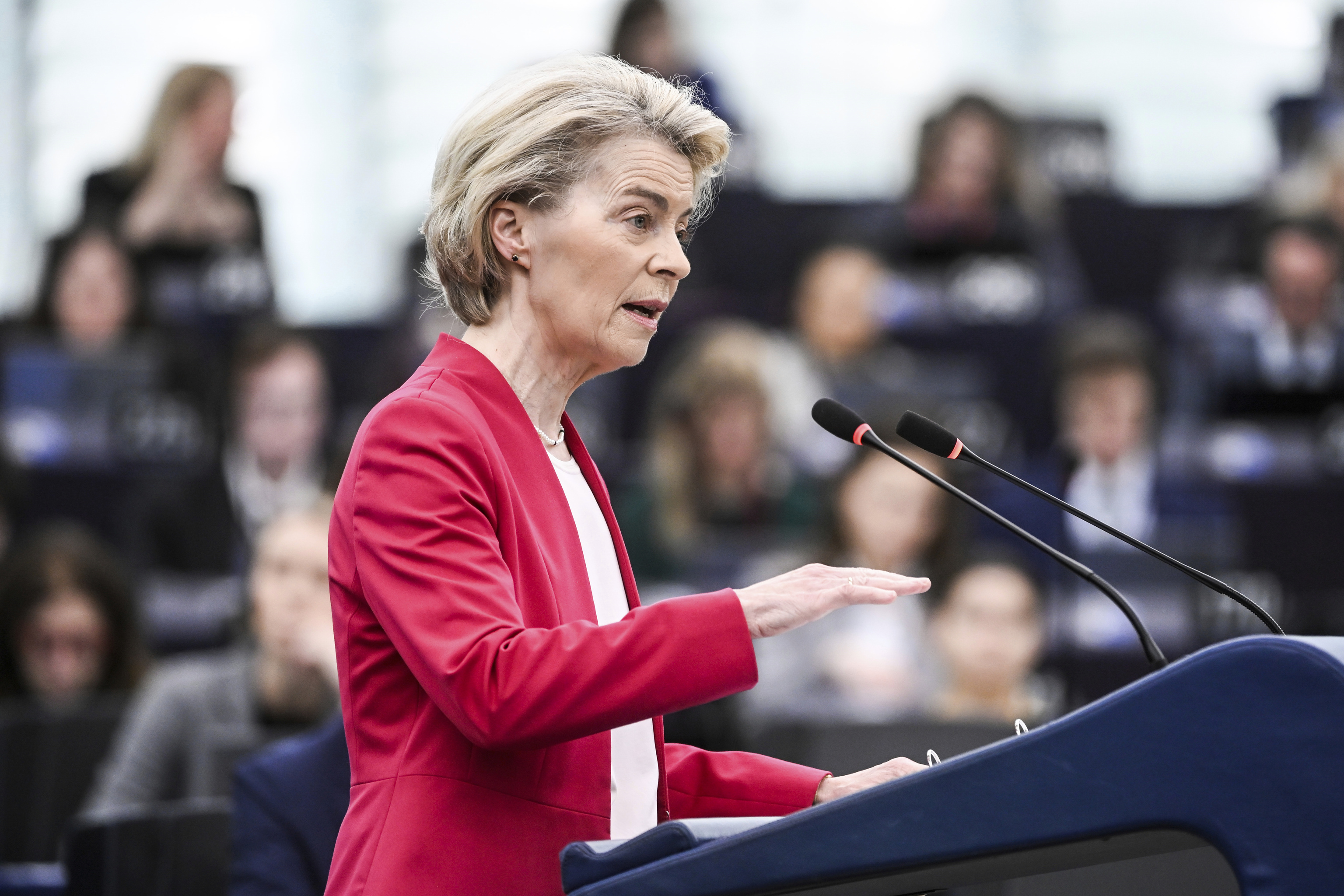Brussels is highly aware of direct military threats, mainly those coming from Russia. But also, with other dangers that in some cases are equally linked to the Russian country but in others go beyond. These include terrorism, the use of illegal migration flows to destabilize countries, organized crime, hybrid or infrastructure attacks, or chemical, biological, and even nuclear weapons. And for all these reasons, the European Commission has presented its new internal security strategy, named ProtectEU, which is very clear in its communication document.
"Europeans should be able to live their lives free from fear, whether on the streets, at home, in public places, on the subway, or on the internet," states the document presented by Vice President for Technological Sovereignty, Security, and Democracy, Henna Virkkunen, and Commissioner for Home Affairs and Migration, Magnus Brunner.
"Protecting people, especially those most vulnerable to attacks, which often disproportionately affect children, women, and minorities, including the Jewish and Muslim communities, is at the core of the EU's work on security. This is essential for building resilient and cohesive societies," the text adds.
In the case of terrorism, for example, Brussels will launch a new agenda to "prevent extremism," as well as the necessary tools to "prevent radicalization" of the population. Regarding organized crime, an area on which both Virkkunen and Brunner have emphasized, Europe will tighten its rules and investigations and empower bodies like Europol.
Brussels notes that the European Police Office is celebrating its 25th anniversary and is "more important than ever within the EU security framework." However, "several factors prevent it from fully realizing its operational potential."
"These range from insufficient resources to the fact that its current mandate does not cover new security threats, such as sabotage, hybrid threats, or information manipulation. Therefore, the Commission will propose an ambitious revision of Europol's mandate, to turn it into a truly operational police agency that better supports Member States," the document adds.
Cybersecurity is also a fundamental point of the plan, as well as the aforementioned illegal migration movements. "Russia, with the decisive help and support of Belarus, has deliberately turned migration into a weapon and has illegally facilitated migratory flows towards the EU's external borders with the aim of destabilizing our societies and undermining the EU's unity," the commission points out on this issue.
Another very relevant fear of European authorities also comes from Russia: "The risk of chemical, biological, radiological, and nuclear threats [CBRN, in English]". Brussels explains that Vladimir Putin's "aggression" towards Ukraine has raised this possibility, and therefore, the Commission "will support Member States and partner countries through specific training and exercises."
"The Commission will also enhance CBRN preparedness and response capabilities, prioritizing threats, funding innovation in countermeasures, EU rescue capabilities, and the storage of medical countermeasures," it adds.
